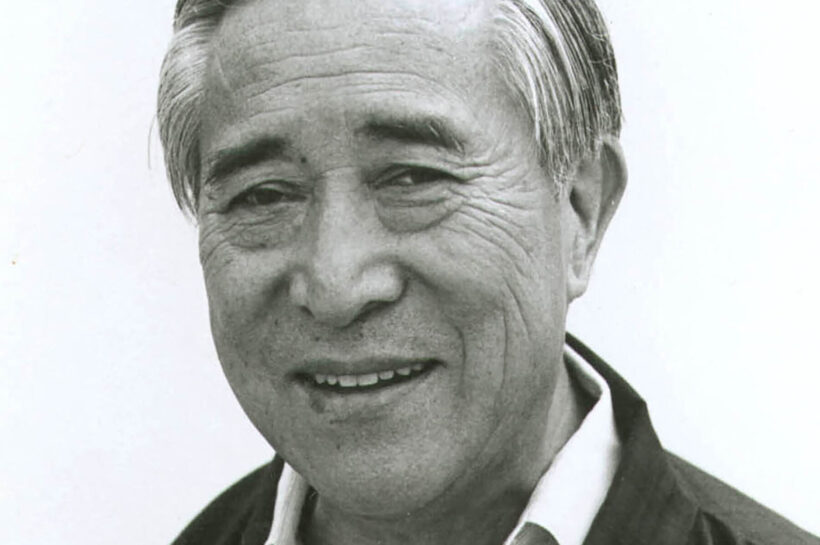Contents [show]
Summary
This article investigates the troubling trend of police officers illegally selling firearms, including weapons of war, and the systemic failures that enable such misconduct. It explores the erosion of public trust, the need for accountability, and potential reforms to restore integrity in law enforcement.
Police Illegally Selling Guns: A Betrayal of Trust and Law
The troubling pattern of police illegally selling guns, including weapons of war, has come under increased scrutiny, exposing a dangerous precedent for justice and accountability.
This issue is more than a case of a few bad actors; it is an indictment of a system that too often places police officers above the law they are sworn to uphold.
A Pattern of Corruption in Law Enforcement
In the small town of Adair, Iowa, population 794, Police Chief Bradley Wendt exploited his position to amass an arsenal of 90 machine guns, including a Gatling-style minigun capable of firing 6,000 rounds per minute. Federal agents uncovered that Wendt was profiting from selling these weapons illegally, a crime for which he was convicted earlier this year. Despite a five-year prison sentence, Wendt remains unapologetic, insisting that if his actions constitute a crime, “every cop in the nation’s going to jail.”
Wendt’s case is part of a larger, nationwide trend. Investigations by CBS News revealed dozens of law enforcement officials across 23 states, Puerto Rico, and Washington, D.C., engaging in similar illegal firearm sales. Weapons sold by police officers have been traced to violent felonies, drug trafficking, and even international arms dealing. In one tragic instance, an illegally sold firearm was used to kill a 14-year-old boy at a high school football game.

A System That Shields Its Own
The Bureau of Alcohol, Tobacco, Firearms, and Explosives (ATF) has faced criticism for its reluctance to hold law enforcement officers accountable. A 2017 memo from Eric Harden, then-special agent in charge of the ATF’s Los Angeles field division, acknowledged the growing trend of officers profiting from illegal firearm sales. Yet, the same memo made clear the ATF’s priority: “We’re not looking to prosecute fellow law enforcement officers.”
Harden’s statement reflects a broader systemic failure. By avoiding prosecution, law enforcement agencies send a message that officers are above the law. This emboldens bad actors, erodes public trust, and creates a tiered justice system.
The reluctance to prosecute is not without consequence. When officers who betray their oath face no meaningful repercussions, it damages the fabric of society. Police officers should be held to higher standards precisely because of their role as public servants. Allowing them to continue their careers or retire with taxpayer-funded pensions despite criminal misconduct only deepens public cynicism.
The Consequences of Turning a Blind Eye
Between 2017 and 2021, nearly 26,000 guns traced from American crime scenes were linked to government agencies, law enforcement, or the military. Many of these weapons were reported as “lost” but were later found to have been illegally sold. Audits reveal that, in some cases, law enforcement agencies deliberately misclassified weapons to obscure illegal sales.
This negligence is exacerbated by lax oversight. The ATF only began thoroughly vetting machine gun applications from law enforcement agencies in January 2023, decades after such weapons were restricted to official government use. The lack of audits or follow-up has allowed a black market to flourish.

A Call for Accountability
Public trust in law enforcement is essential for a functioning society. When police officers break the law and evade justice, they undermine the very institution they represent. Reforms are urgently needed to ensure accountability:
- Independent Prosecution: Cases involving police misconduct should be handled by independent prosecutors, not fellow officers or local officials.
- Citizen Oversight: Community-led panels could provide an unbiased perspective on whether to pursue charges against law enforcement officers.
- Transparency in Law Enforcement: Agencies should be required to disclose firearm inventories and purchases to deter illegal activity.
Without significant changes, the erosion of trust will only deepen, and the effectiveness of law enforcement will continue to decline.
The Need for Higher Standards
Police officers are entrusted with upholding the law, not exploiting it. Their unique authority comes with an expectation of integrity. When officers knowingly commit crimes, they not only harm their communities but also compromise the safety of the entire nation.
Holding officers to higher standards is not anti-police; it is pro-justice. A police force that operates transparently and ethically is more effective and commands greater respect from the public. To achieve this, accountability must be prioritized over loyalty to the badge.
The Dangerous Precedent of Leniency
The decision to avoid prosecuting law enforcement officers who commit crimes sets a dangerous precedent. Each instance of misconduct that goes unpunished emboldens others and chips away at public confidence. As Harden himself admitted, failing to act is tantamount to declaring officers above the law.
A justice system that applies leniency to law enforcement while harshly punishing civilians is unsustainable. The disparity is stark, as seen in recent high-profile cases involving unequal treatment. For a society to thrive, justice must be impartial and applied equally.
Final Thoughts
The illegal sale of firearms by law enforcement officers is not just a betrayal of trust but a significant threat to public safety. Addressing this issue requires systemic reforms, transparency, and a commitment to holding officers accountable for their actions.
Only then can trust in law enforcement be restored, ensuring a safer, more just society.
Source: CBS










